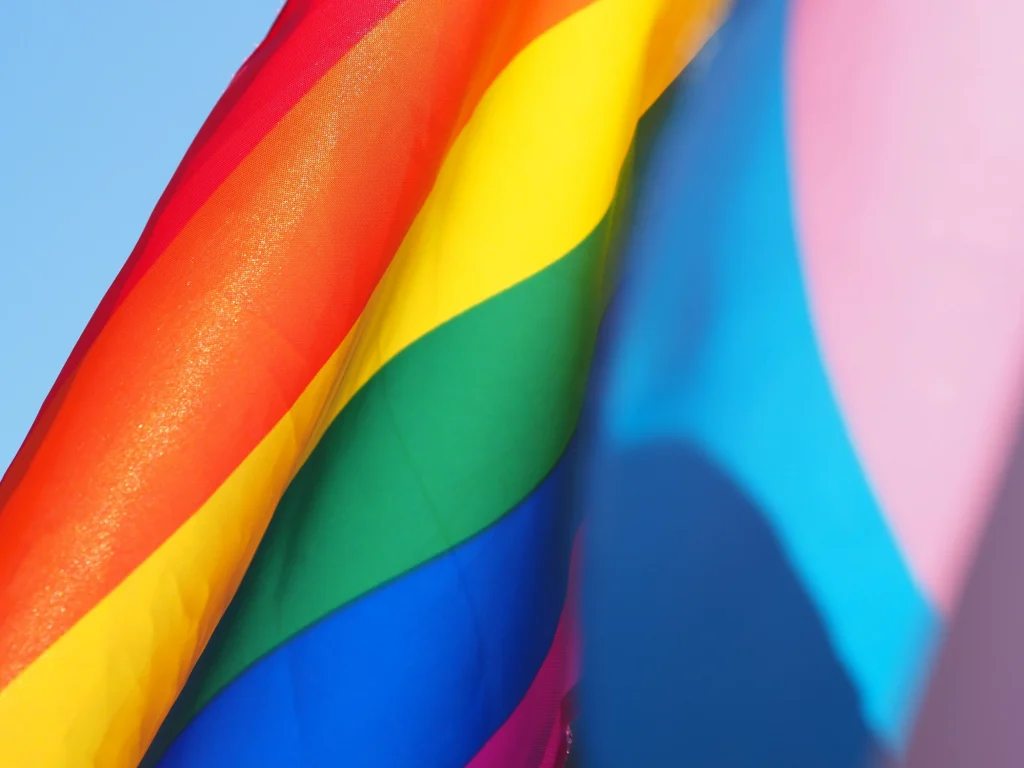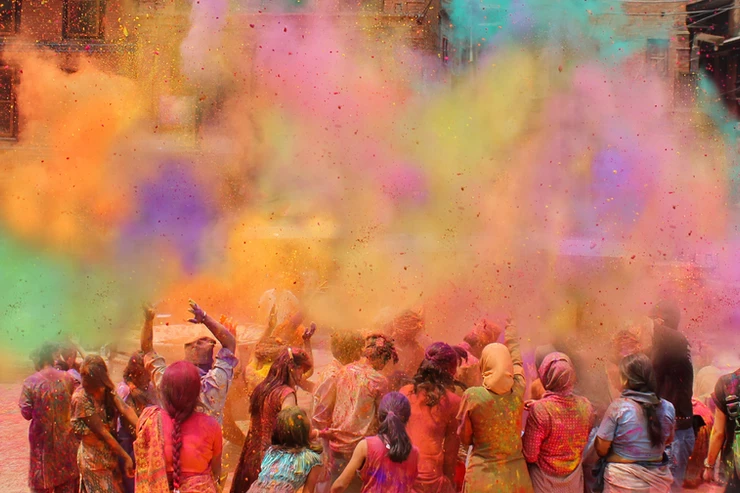‘Bas peela rang bacha hai, chahiye?’ (Only yellow colour is available, do you want it?)
With only 14 hours left for Holi*, as I heard the shopkeeper enunciate those words, I knew I was too late for my colour shopping spree this Holi. Dejected, I had no option but to buy the only last colour that was available. ‘Better to have something than nothing’ – I soothed myself, but as I sat in my car, I wondered how boring it would be to celebrate Holi with only one colour! Is it even Holi without the blues, the oranges, and the greasy annoying red that becomes too hard to get rid of!? Perhaps, not! Of course, not.
As I started the car’s ignition and began thinking of shops that may have a few last pieces of some other colours left, I couldn’t stop reflecting on the importance of diversity, not only in the range of colours we buy for Holi but in almost every sphere of life. What even is life without diversity, if not a boring insipid place without any flavour? And how true is it for even our organisations today? As I started driving, my mind wandered towards the queer community, as I pictured the bright colours of their flag, a true spirit of the festival of Holi. It was at that moment when my thought was abruptly interrupted by the harsh reality of the extant widespread discrimination towards the community that plagues our workplaces today.
Although diversity and inclusion have been spoken about at lengths and have been a part of the agenda for different companies, many organisations are still struggling to work towards it effectively. For instance, McKinsey’s (2020) study reveals that the queer community also more commonly known as the LGBTQ+ community, now referred to as the LGBTQIAPPHK+** community continues to be underrepresented, isolated, and experiences far more microaggression than others in the workplace. According to a Pride at Work report, the queer community faces different kinds of discrimination, often taking the form of denied promotions or hiring, verbal, physical, and sexual harassment, and a general lack of representation. All of this impacts the career progression of those belonging to the queer community and affects their mental health and well-being. For instance, a survey conducted by the Center for American Progress (CAP, 2017) found that 68.5% of employees felt discrimination impacted their psychological wellbeing. While the queer community continues to face discrimination, matters become even more pressing for the transgender community.
So, how can organisations become more colourful this Holi? By becoming safe spaces for the queer community. Here are four ways you can begin:
1. Check for Unconscious Bias
Unconscious Bias or implicit Bias is the underlying attitude and stereotype that an individual may unconsciously attribute to another person or a group of people. All of us hold biases we are unaware of, and the problematic aspect of unconscious bias is that it may be hard to identify. However, some tools may help us identify them. For instance, the Implicit Association Test may help one measure the attitudes and beliefs that people may be unaware of towards a certain gender or sexuality. Knowing what we are biased against may be the first step towards a positive change in our attitude, thoughts and behaviour.
Take the Implicit Association Test here: https://implicit.harvard.edu/implicit/india/selectatest.jsp
2. Educate, Educate, Educate
While it is understandable to not know everything about the LGBTQIA+ community for reasons best known to an individual, it is our responsibility to brush up on the issues that the LGBTQIA+ community consistently experiences. Employers and Organisations need to add LGBTQIA education programs to their diversity and inclusion programs to distinguish myths from facts. It may be beneficial to bring in an expert who is well versed in LGBTQ diversity and inclusion training.
3. Be Mindful of your Language
Personal Gender Pronouns: Personal Pronouns are a part of our everyday conversations and interactions so much that it is often taken for granted. A gender pronoun or a personal gender pronoun (PGP) is a pronoun that an individual makes use of. For many of us, pronouns are an essential aspect of our identity, signifying how we want others to address us. While it is natural to make a mistake with someone’s personal gender pronouns, a simple way to become one step closer to becoming inclusive and to avoid insulting someone is by introducing the concept of personal gender pronouns in our vocabulary.
Gendered Language: Whether it is the salutation for an email or a form that employees have to fill, it is essential to make sure the language we use is Gender Neutral. For instance, using salutations such as Greetings! or Hello Folks! in place of Dear Sir/Madam or use terms such as partner instead of wife or husband.
4. Enforce Zero Tolerance Policies
Organisations must enable policies that establish clear boundaries and indicate intolerable behaviours. This can be done by implementing an anti-discrimination policy that includes sexual orientation. Additionally, it is crucial for organisations to strictly admonish homophobic behaviour and take serious action where necessary.
By slowly taking steps towards diversity and inclusion, organisations can become places where individuals flourish and use their maximum potential to thrive. There’s no time like now to start. Your efforts may be small but you can make them significant – that is all that matters for now.
*Holi, or more popularly known as the festival of colours is celebrated and coveted by Indians and non-Indians alike. It signifies the arrival of spring and the triumph of good over evil.
**LGBTQIAPPHK+ = Lesbian, Gay, Bisexual, Transgender, Queer, Intersex, Asexual, Pansexual, Polyamorous, and Kink.

